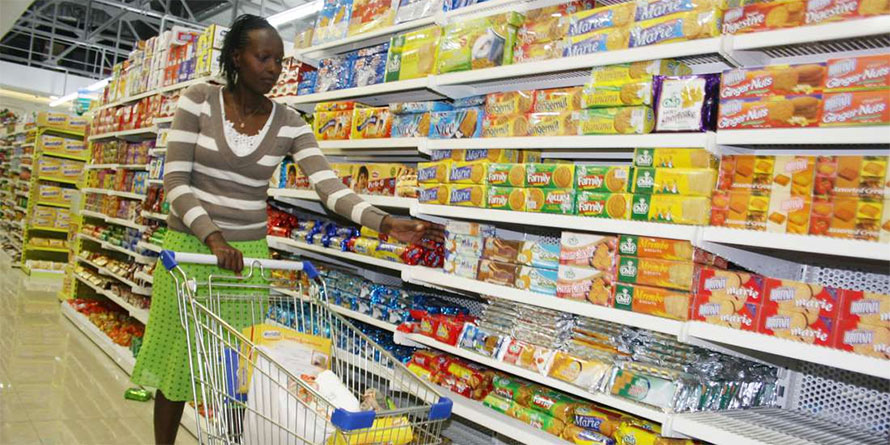Manufacturers caution of looming price hikes
By Noel.Wandera, February 2, 2023Manufacturers have warned they will pass the extra cost of excise stamps to consumers should the Kenya Revenue Authority (KRA) increase taxes on alcohol, cigarettes, juice and beauty products.
While urging the government to retain the current charges, Kenya Association of Manufacturers (KAM) chairman Rajan Shah said the increment will make Kenyan goods uncompetitive, encourage counterfeit products, reduce government revenue and lead to job losses.
“The proposed increment up to levels of 100 per cent and beyond the current market prices of producing the stamps shall have a detrimental effect on consumers and manufacturers due to increased cost of production and the cost of finished products which will be passed on to the consumers amidst the rising cost of living,” he said.
Mid last month, KRA in a public notice proposed to review the Excise Duty (Excisable Goods Management System) Regulations, 2017 (Amendment) regulations 2023 which contains the new costs for duty stamp of between Sh2.20 and Sh5.
The proposals come barely four months after a 6.3 per cent inflation adjustment on specific excise tax rates was effected on October 1, 2022, impacting cosmetics, confectionary, alcoholic and non-alcoholic beverages including bottled water and tobacco and nicotine products.
Shah said that three months before the inflation adjustment, there was an increase in excise tax by between 10 per cent and 20 per cent through the Finance Act, 2022, adding that “tax predictability was essential in encouraging investments.”
He said the Excise Goods Management System (EGMS) is a revenue assurance tool that was initiated to deter counterfeiting and ensure traceability of excisable goods along the supply chain.
Revenue collection
It was also designed to enable accounting to produce excisable goods manufactured or imported and facilitate any person in the supply chain to authenticate the stamps and excisable goods. “As such, the proposed drastic increase of the cost of stamps seeks to be a revenue collection mechanism as opposed to an assurance tool,” Shah said.
Shah regretted that the drastic increment to some of the most counterfeited items in Kenya will further encourage counterfeit and illicit trade and deny the government revenue and risk consumers’ lives, a view supported by Stephen Mutoro, the chairman of Stop Crime Kenya (StoCK) who said the vice has since spiralled. According to Shah, the increment will lead to low sales, which will in turn have a negative effect on other revenue generating streams from manufacturers such as Value Added Tax (VAT), Pay As You Earn (PAYE) and income tax, leading many firms to down size.
He said the proposed new rates pose a risk of suppressing Kenya’s manufacturing sector’s contribution to the gross domestic product (GDP) that has been shrinking over the last five years.
The KAM chair regretted that sudden changes in fiscal policy and regulations divert industries resource allocation from productivity into meeting the cost associated with changes towards fast compliance.
More Articles

